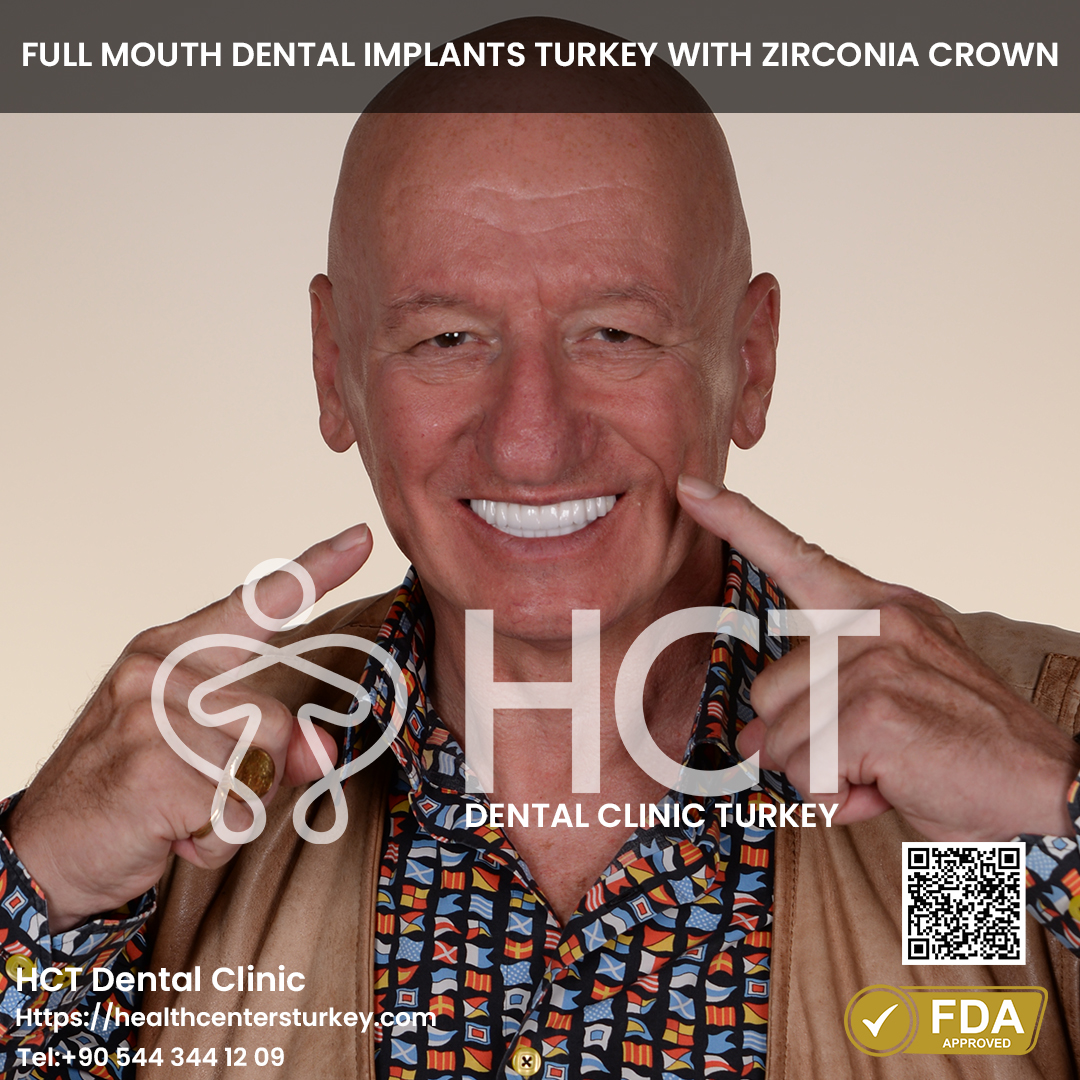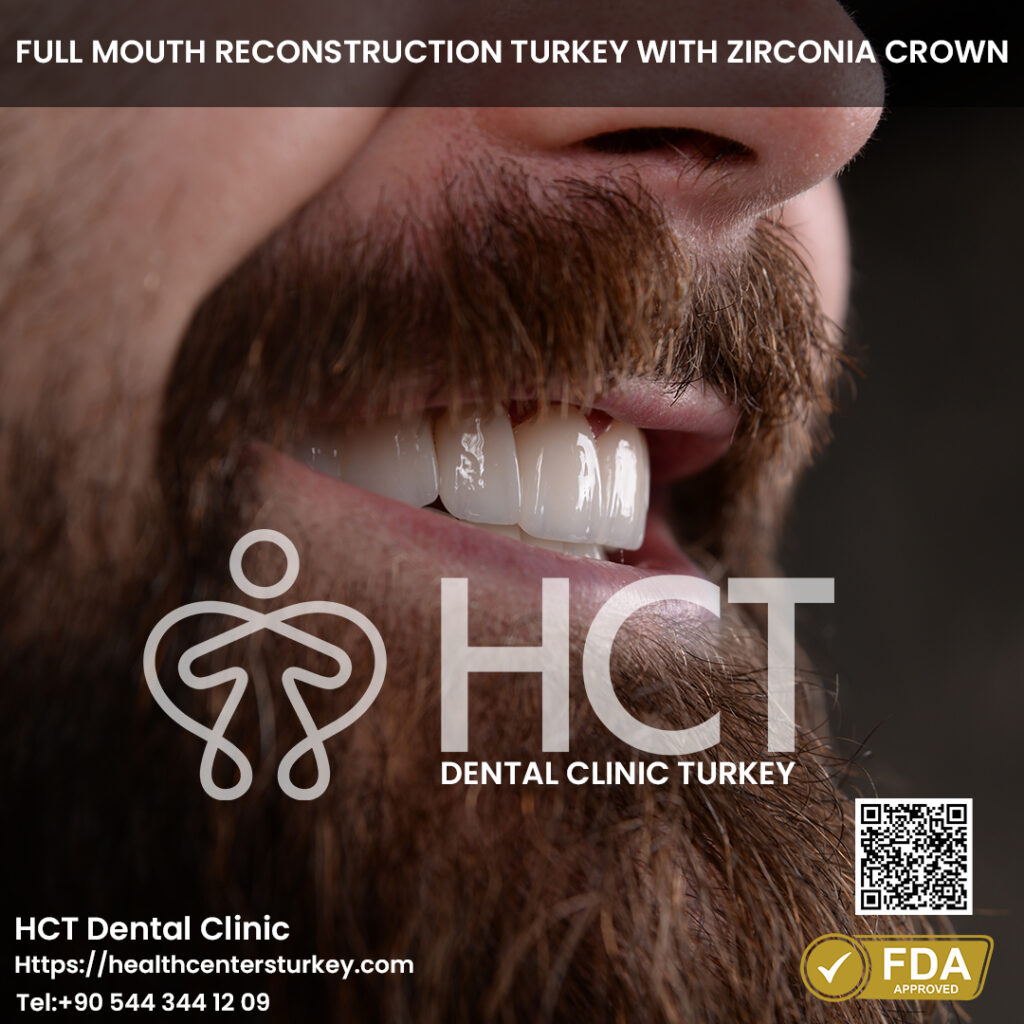Get Ready for Your Smile Makeover in Turkey
Affordable Teeth Whitening for Stunning Results
Dental implants have become a popular resolution for those trying to replace missing teeth. Understanding how these implants can have an result on adjacent teeth is important for anybody considering this process, as well as for dentists and specialists concerned in dental care.

One significant side is that dental implants are designed to be anchored into the jawbone, which implies they are impartial of adjacent teeth. Unlike dental bridges, which regularly require the alteration of neighboring teeth, implants can fill the gap with out compromising the health or structure of these surrounding teeth.
This independence helps preserve the integrity of adjacent teeth. When a tooth is lost, there can be a natural tendency for neighboring teeth to tilt or shift into the empty area. Such movement can lead to misalignment, which may have an result on bite and general oral health. By placing an implant, you effectively prevent this potential shift, promoting better alignment in the long term.
Your Guide to Dental Procedures in Turkey
Additionally, dental implants help maintain bone density within the jaw. A natural tooth root provides stimulation to the encircling bone, maintaining it wholesome and powerful. When a tooth is missing, the bone can start to deteriorate because of lack of stimulation. With a dental implant mimicking a natural root, bone loss could be minimized, which not directly benefits adjacent teeth by preserving the general structure of the dental arch.
While dental implants are advantageous, improper placement can impact neighboring teeth. If an implant is positioned too shut to another tooth, it may exert undue pressure on that tooth, resulting in discomfort or potential damage. Proper planning and imaging methods are essential for avoiding such points.
Choosing the Right Dental Clinic in Turkey
Moreover, sustaining good oral hygiene is crucial after receiving an implant. If not correctly cleaned, surrounding teeth may turn into susceptible to dental points corresponding to decay or gum disease. This underscores the importance of diligent oral care following the process to ensure both implants and adjacent teeth stay healthy.
Regular dental check-ups are additionally important for monitoring the health of surrounding teeth. Dentists can determine any shifts or potential problems early, permitting for timely interventions. This proactive strategy ensures that each the implant and adjacent teeth can coexist without problems.
Dental Travel: Take Advantage of Affordable Care in Turkey
Another consideration is the impression of implants on bite pressure. When a single tooth is missing, the load of chewing could shift to adjacent teeth, potentially resulting in put on or strain. Implants restore proper chunk dynamics by redistributing forces in the mouth, which may defend surrounding teeth from undue stress.
Some sufferers might increase issues about the appearance of dental implants. Well-placed implants can mix seamlessly with existing teeth, improving overall aesthetics. In contrast, failing to replace a missing tooth can result in aesthetic issues, together with collapsing of facial structure and changes in smile dynamics.
It's also value discussing the psychological features of dental health. Experiencing tooth loss can adversely affect one’s vanity and willingness to have interaction socially. By restoring your smile with implants, you'll be able to positively affect not solely your oral health but in addition your emotional well-being.
Long-term success of dental implants usually hinges on varied factors, including the patient's health, maintenance habits, and the quality of the preliminary process. If adjacent teeth are wholesome and correctly cared for, read what he said the chances are they'll continue to thrive alongside the implants.
Premier Dental Treatment Options available in Antalya
In conclusion, dental implants play a vital function in not simply restoring particular person smiles, however in preserving the health and structure of adjacent teeth. By stopping shifting, sustaining bone density, and redistributing chunk forces, implants can make sure that surrounding teeth remain in optimal condition. Proper placement, hygiene, and regular dental visits can further enhance the benefits of dental implants, leading to a healthier, more confident smile for years to come.
- Dental implants can help maintain the alignment of adjacent teeth by providing a stable anchor, preventing adjacent teeth from shifting into the hole left by a missing tooth.
- The presence of an implant could stimulate bone development within the jaw, serving to to protect the general structure and integrity of the adjacent teeth.
- Unlike traditional bridges, implants do not require alteration of surrounding teeth, thus preserving their power and anatomy.
- Implants can enhance the distribution of bite forces evenly across the dental arch, reducing the stress on neighboring teeth throughout chewing.
- A well-integrated dental implant can lower the chance of bone loss within the space surrounding adjacent teeth, contributing to their long-term health and stability.
- The aesthetics of adjacent teeth could be improved because of the help provided by implants, which might lead to higher total cosmetic outcomes.
- With proper placement, dental implants can prevent gum recession around adjacent teeth by sustaining sufficient dental architecture.
- Implants may help mitigate the risks of periodontal disease in close by teeth by promoting healthy gum tissue and providing a cleanable floor.
- Long-term success of dental implants can result in improved oral hygiene routines, which in turn benefits the health of surrounding teeth.
- The improved practical ability of an implant can encourage sufferers to chew more effectively, thus rising saliva manufacturing and aiding in the protection of adjacent dental tissues.undefinedHow do dental implants affect adjacent teeth?
What are dental implants and the way do they interact with adjacent teeth?undefinedDental implants are artificial tooth roots that are surgically positioned into the jawbone. They present a stable basis for replacement teeth whereas ensuring minimal disruption to adjacent teeth, preserving their integrity and alignment. Finding the Best Dental Care in Turkey.
Transform Your Smile with Dental Veneers in Turkey
Can dental implants trigger problems for close by natural teeth?undefinedGenerally, dental implants do not hurt adjacent natural teeth. However, if the implant isn't placed correctly or if there’s insufficient oral hygiene, it might lead to issues similar to adjacent tooth decay or gum disease.

Will getting a dental implant change the finest way my adjacent teeth feel?undefinedMost patients report no change in the sensation of adjacent teeth after implant placement. However, it might take some time to regulate to the presence of the implant, much like how one could adapt to different dental restorations.
Can dental implants assist protect the health of adjacent teeth?undefinedYes, dental implants may help keep the health of adjacent teeth by stopping bone loss that can occur after tooth loss. This preservation supports the alignment of nearby teeth, reducing the chance of shifting or misalignment.
Transformative Dental Care Experiences for Tourists
Do I want to change adjacent teeth when getting an implant?undefinedTypically, adjacent teeth don't want alteration when putting an implant. This is likely one of the advantages of dental implants over conventional bridges, which regularly require reshaping adjacent teeth for help.
How does the healing process of an implant have an effect on nearby teeth?undefinedThe therapeutic course of includes osseointegration, where the implant fuses with the jawbone. During this time, adjacent teeth remain unaffected and retain their operate, although it’s essential to follow post-operative care suggestions. A Look at the Popularity of Dentistry in Turkey.
Achieve Excellent Oral Aesthetics through Affordable Treatments in Turkey
Can dental implants lead to bone loss round adjacent teeth?undefinedIf dental implants are positioned properly and cared for adequately, they should not result in bone loss around adjacent teeth. In fact, they may help stimulate bone progress, combating the natural bone loss that often follows tooth check this extraction.
What precautions ought to I take to protect adjacent teeth after getting an implant?undefinedRoutine dental hygiene, including brushing and flossing, together with regular dental check-ups, is essential. Avoiding exhausting foods and following your dentist’s aftercare instructions may also protect each the implant and adjacent teeth.
Is it widespread for adjacent teeth to shift after an implant is placed?undefinedIt's not typical for adjacent teeth to shift after an implant placement, especially when the implant is positioned correctly and maintained correctly. If there’s any movement, it could be because of other underlying issues that should be evaluated by a dental professional.